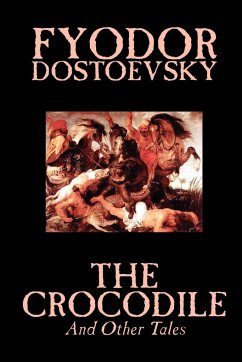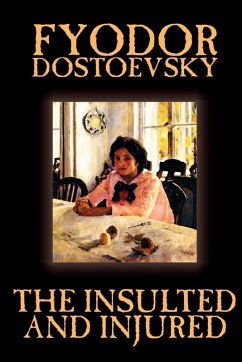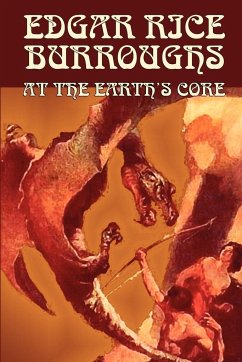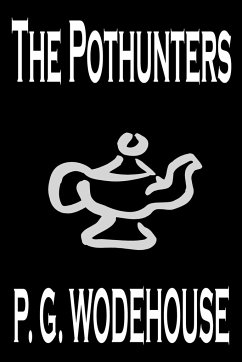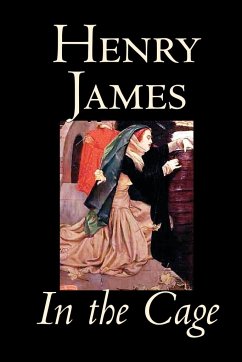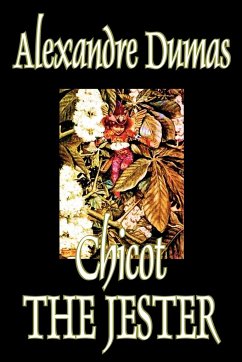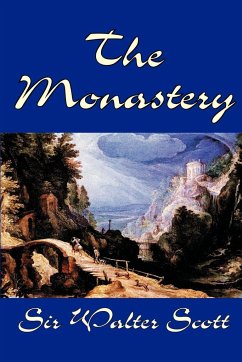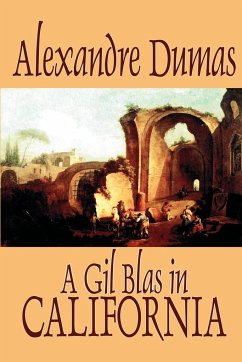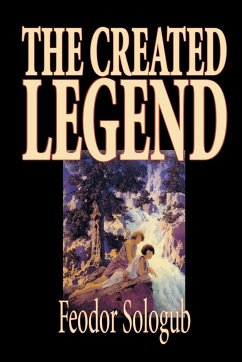
The Created Legend by Fyodor Sologub, Fiction, Literary
Versandkostenfrei!
Versandfertig in 1-2 Wochen
17,99 €
inkl. MwSt.

PAYBACK Punkte
9 °P sammeln!
The legend that Sologub has in mind is the active, eternally changing process of life, orderly and structural in spite of the external confusion. The author makes an effort to bring order out of apparent chaos by stripping life of its complex modern detail and reducing it to a few significant symbols, as in a rather more subtle "morality play." The modern novel is perhaps overpsychologized; eternal truths and eternal passions are perhaps too often lost sight of under the mass of unnecessary naturalistic detail.



